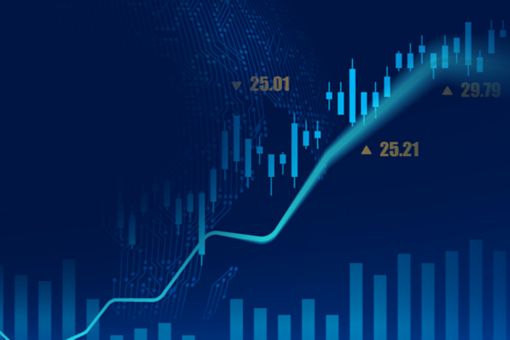Highlights
- Capital importation figures show continuous quarterly decline suggesting persistent challenges of investor confidence in the Nigerian economy.
- Recent persistent dominance of trade credits, loans, and related forms of short-term capital inflows with portfolio and especially foreign direct investment slowing is a major concern.
- While there is an urgent need to restore external investor confidence, Nigeria needs to strike a balance between attracting foreign capital and promoting domestic development (thereby reducing its reliance on foreign capital).
Events
According to the report published by the National Bureau of Statistics (NBS), total capital imported into Nigeria in Q3 2023 stood at $654.65 million, representing a quarter-on-quarter decrease of 36.45% from the $1.03 billion recorded in Q2 2023 and a 43.55% year-on-year decline from $1.16 billion recorded in the previous year. Further disaggregation reveals that other investment which includes trade credits, loans, currency deposits dominated inflows accounting for 77.56% of the total capital imported in Q3 2023.
Portfolio investments, which has been the largest contributor to capital importation for the past 6 years with an average contribution of 62.18% annually, accounted for 13.31% of capital importation in Q3 2023 and 29.93% in 2023 YTD. On the other hand, Foreign Direct Investment (FDI) remained the least contributor to capital importation, accounting for 9.13% of total capital importation valued at $59.77 million in Q3 2023, representing a decrease of 30.52% from $86.03 million in Q2 2023.
The sectoral distribution of capital importation indicates that the manufacturing sector received the largest share (42.7% ) of capital imported at $279.51 million in Q3 2023, representing a quarter-on-quarter decline from its Q2 2023 level by 53.80%. Manufacturing was followed by financing which recorded a 100.62% increase from Q2 2023 at $127.93 million. Furthermore, capital imported in the quarter under review for shares increased by 24.57% when compared to Q2 2023 at $85.49 million or 13.06% of the total capital importation.
The telecommunication sector recorded sustained growth in Q3 2023, recording a 148.16% increase from $25.81 million to $64.05 million (9.78%) and banking sector which as at Q1 2023 had the highest recorded inflow, received $50.20 million (7.67%) in Q3 2023, representing a further decline of 74.20% compared to Q2 2023 when it recorded a 36.11% decline from $304.56 million in Q1 2023 to $194.58 million in Q2 2023.
Lagos state remained the top destination for capital inflow in Q3 2023 with $308.83 million or 47.18% of total capital importation, although this represents a 60.31% decline from the $778.06 million recorded in Q2 2023. Abuja and Abia recorded a capital import of $194.66 million and $150.09 million of total capital importation, respectively.This means Lagos, Abuja and Abia accounted for 99.84% of total importation into Nigeria in Q3 2023.
Analysis/Opinion
We attribute the drop in capital importation to Nigeria in Q3 2023, after an initial rise in Q2 2023, to continuing negative market sentiments on the country despite initial reforms being viewed positively. The need for macroeconomic stability, the negative interest rate environment, wide FX gap with low and declining forex reserves, the need for greater clarity with respect to monetary and fiscal direction in addition to various negative news including the exit of multinational companies like GlaxoSmithKline and Procter & Gambles (P&G) who have discontinued on ground operations and adopted import and distributor led business models as well as recent reclassifications of Nigeria from frontier markets to standalone and lower markets by two external investment bodies FTSE Russell and MSCI, respectively have all dampened external sentiments.



